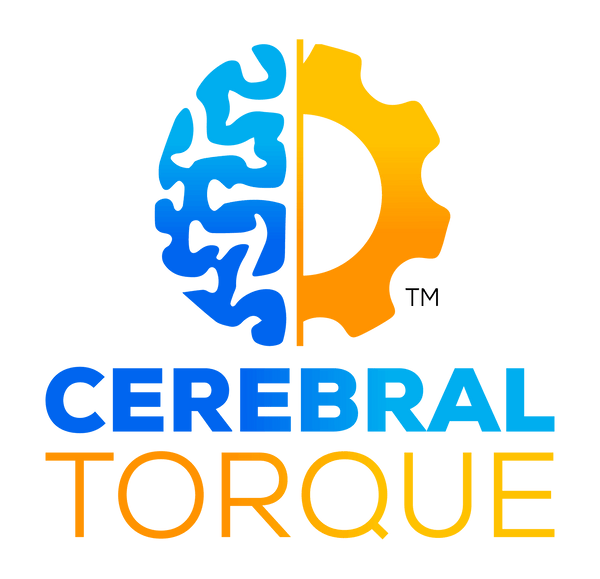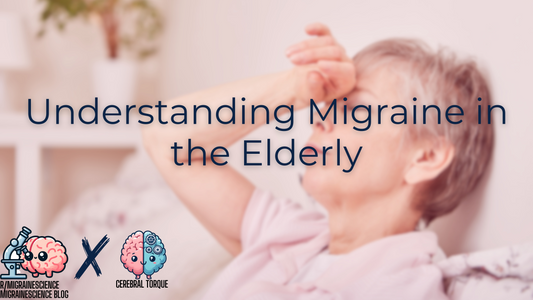New Study on Migraine and Combined Hormonal Contraception Ischemic Stroke Risk
Cerebral TorqueShare
A new case-control study published in 2023 (link at the end of the article) on how migraine type impacts stroke risk from combined hormonal contraceptives (CHCs) concluded with interesting results.
I have already written on what the guidelines say in regards to hormonal contraception and migraine with aura here: https://www.cerebraltorque.com/blogs/migrainescience/birth-control-and-migraine-with-aura
As you can see from that article, the use of combined hormonal contraception is not to be used in patients with migraine with aura according to WHO and ACOG due to stroke risk. And according to IHS, there are no contraindications for their use in migraine without aura.
This is where this new study gets interesting.
This case-control study analyzed data on 203,853 women aged 18-55 years who used CHCs from 2010-2019. Among this cohort, 127 women had a confirmed ischemic stroke while actively using CHCs, identified through medical records and imaging review. A control group of 635 CHC users matched on demographic and clinical stroke risk factors was selected for comparison. Logistic regression analyses assessed the odds of stroke based on migraine type (with aura, without aura, no migraine) and CHC estrogen dose (<30 vs ≥30 μg ethinyl estradiol).
The study found that:
- Overall ischemic stroke rate in the full cohort was very low at 0.06%.
- Having any migraine increased the odds of stroke 2-fold compared to no migraine.
- Migraine with aura did not significantly increase stroke odds compared to no migraine, likely due to small sample size.
- Migraine without aura increased stroke odds 2.35-fold versus no migraine.
- Use of ≥30μg ethinyl estradiol CHCs increased stroke odds 1.5-fold compared to <30μg doses.
So, the study found that any type of migraine increases ischemic stroke risk with CHC use. This includes without aura. Moreover, as I noted in my original article, dosing does matter. Even in this study, it was found that <30μg doses conferred a lower stroke risk compared to higher doses.
What does this mean clinically?
Well, women should be counseled and shared decision-making is necessary regarding contraceptive options and stroke risk. A lower dose option should also be considered if it is a fitting option for the patient.
Because this study does contradict past studies, more studies are needed to clarify stroke risks.


